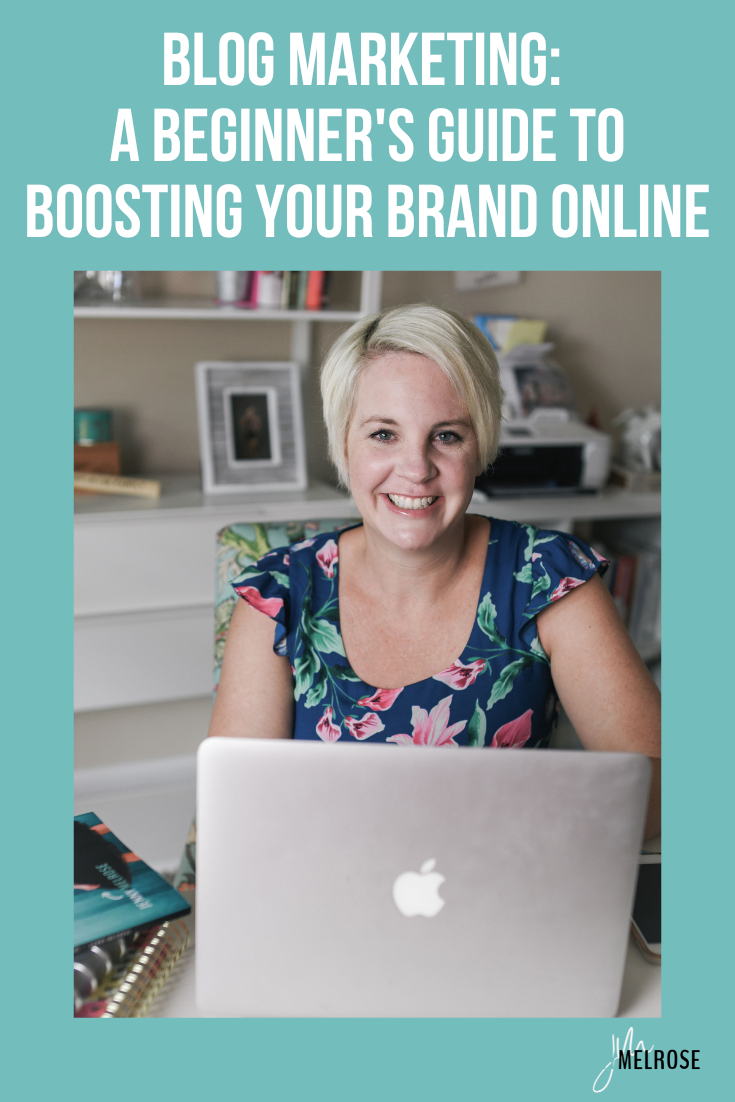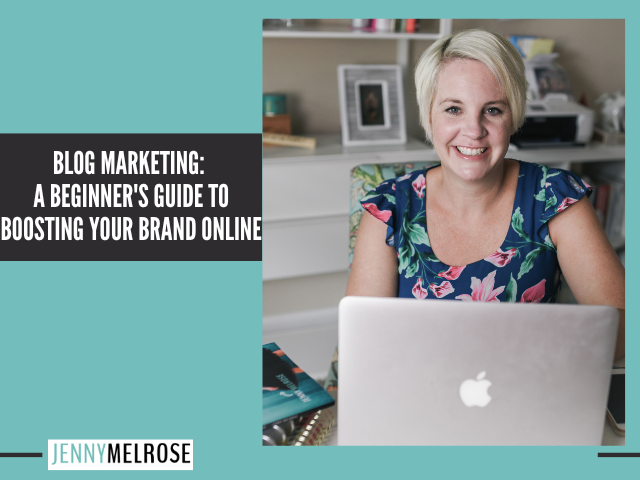Blogging has become an essential tool for marketers who want to create a strong online presence and reach a wider audience. By sharing valuable content and building a community around your brand, you can establish yourself as an authority in your industry and drive more traffic to your website. In this article, we’ll explore some of the most common questions about blog marketing and help you get started with your own strategy.
Blog Marketing: A Beginner’s Guide to Boosting Your Brand Online

- What is blog marketing?
Blog marketing is the process of using a blog to promote a brand, business, or product. It involves creating and sharing valuable content that is relevant to your target audience, in order to build trust and establish a relationship with them. By consistently providing helpful information and engaging with your readers, you can attract new visitors to your site, generate leads, and increase conversions.
- How can I use my blog to market my business or brand?
To use your blog for marketing purposes, you need to create content that aligns with your positioning and addresses the needs and interests of your target audience. This can include educational articles, how-to guides, case studies, interviews, opinion pieces, and more. By optimizing your content for search engines and promoting it through social media and other channels, you can attract more readers and build a loyal following.
- What are the benefits of blog marketing?
There are many benefits to using blog marketing as part of your overall marketing strategy. Some of the most notable advantages include:
- Increased visibility: By publishing valuable content on your blog, you can attract more visitors to your site and increase your online visibility.
- Improved credibility: By providing helpful information and establishing yourself as an authority in your field, you can build trust and credibility with your audience.
- Better SEO: By optimizing your blog content for search engines, you can improve your search rankings and drive more traffic to your site.
- Lead generation: By providing valuable content and capturing leads through email sign-ups or other forms, you can generate more leads and nurture them into customers over time.
- Increased conversions: By creating compelling calls to action and driving traffic to landing pages, you can increase your conversions and boost your bottom line.
- How do I create a successful blog marketing strategy?
To create a successful blog marketing strategy, you need to start by defining your goals and identifying your target audience. You should then create a content plan that aligns with your brand and addresses the needs of your audience. This may involve conducting keyword research, brainstorming blog post ideas, and creating a content calendar to stay organized through content planning.
Once you have a solid content plan in place, you should focus on promoting your blog through various channels, such as social media, email marketing, guest blogging, and influencer outreach. You should also track your results and adjust your strategy as needed based on your performance metrics.
- How do I identify my target audience for blog marketing?
To identify your target audience, you should start by conducting market research and analyzing your existing customer base. This can involve gathering data on demographics, interests, pain points, and buying habits, as well as conducting surveys or focus groups to gain more insights. Once you have a clear understanding of your target audience, you can create content that speaks directly to their needs and interests.
- What are the best practices for blog content creation and optimization?
To create effective blog content, you should focus on providing value to your readers and creating content that is engaging, informative, and easy to read. You should also optimize your content for search engines by using relevant keywords, including internal and external links, and using meta descriptions and title tags.
- How can I measure the success of my blog marketing efforts
To measure the success of your blog marketing efforts, you should track key performance indicators (KPIs) such as website traffic, engagement metrics, lead generation, and conversion rates. You can use tools such as Google Analytics or social media analytics to monitor your performance and identify areas for improvement.
- How do I promote my blog and drive traffic to it?
There are many ways to promote your blog and drive traffic to it. Some effective strategies include:
- Search engine optimization: Optimize your blog content for search engines to improve your rankings and drive more traffic to your site.
- Social media promotion: Share your blog posts on social media platforms such as Instagram, Facebook, Pinterest, TikTok and LinkedIn to reach a wider audience and drive traffic back to your site.
- Email marketing: Use email marketing to promote your blog and share your latest posts with your subscribers.
- Influencer outreach: Reach out to influencers in your industry and ask them to share your content with their followers.
- Guest blogging: Write guest blog posts for other sites and include a link back to your own blog to drive traffic.
- What are some effective ways to monetize my blog through marketing?
There are many ways to monetize your blog through marketing, including:
- Sponsored content: Work with brands to create sponsored content that promotes their products or services.
- Affiliate marketing: Earn a commission by promoting other companies’ products or services through your blog.
- Display ads: Place ads on your blog and earn money based on clicks or impressions.
- Digital products: Sell digital products such as e-books, courses, or webinars that are relevant to your audience.
- How can I stay up-to-date with the latest trends and changes in blog marketing?
To stay up-to-date with the latest trends and changes in blog marketing, you should regularly read industry blogs, listen to podcasts, attend webinars or conferences, and network with other bloggers and marketers. You should also follow thought leaders in your industry on social media and subscribe to relevant newsletters or podcasts to stay informed. By staying up-to-date with the latest trends and best practices, you can continually improve your blog marketing strategy and stay ahead of the competition.
In conclusion, blog marketing is a powerful tool for building your brand and reaching a wider audience. By creating valuable content, promoting your blog through various channels, and measuring your results, you can drive more traffic to your site, generate leads, and increase conversions. By following the best practices outlined in this article and staying up-to-date with the latest trends and changes in blog marketing, you can create a successful blog marketing strategy that helps you achieve your business goals.


